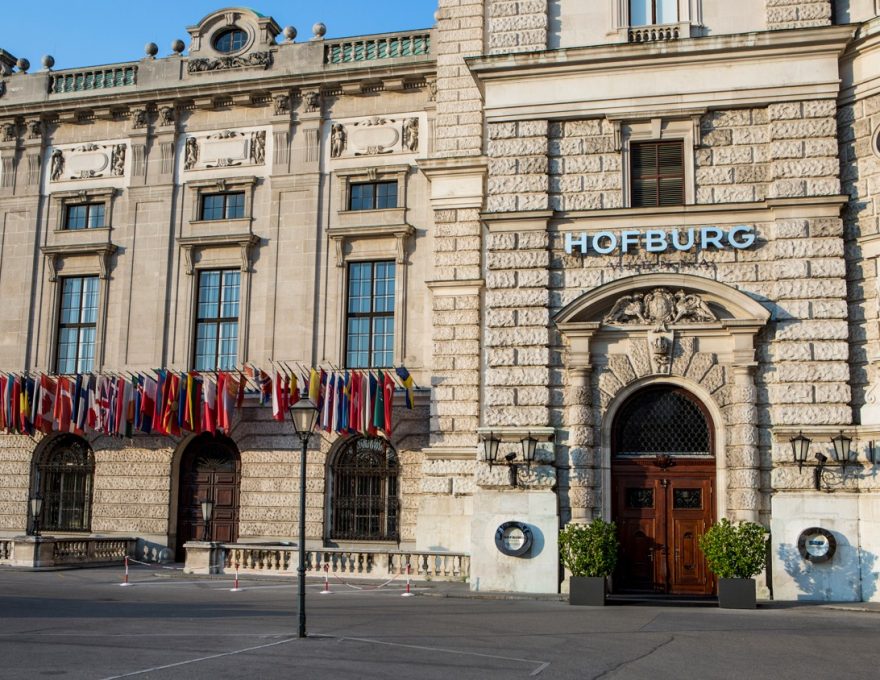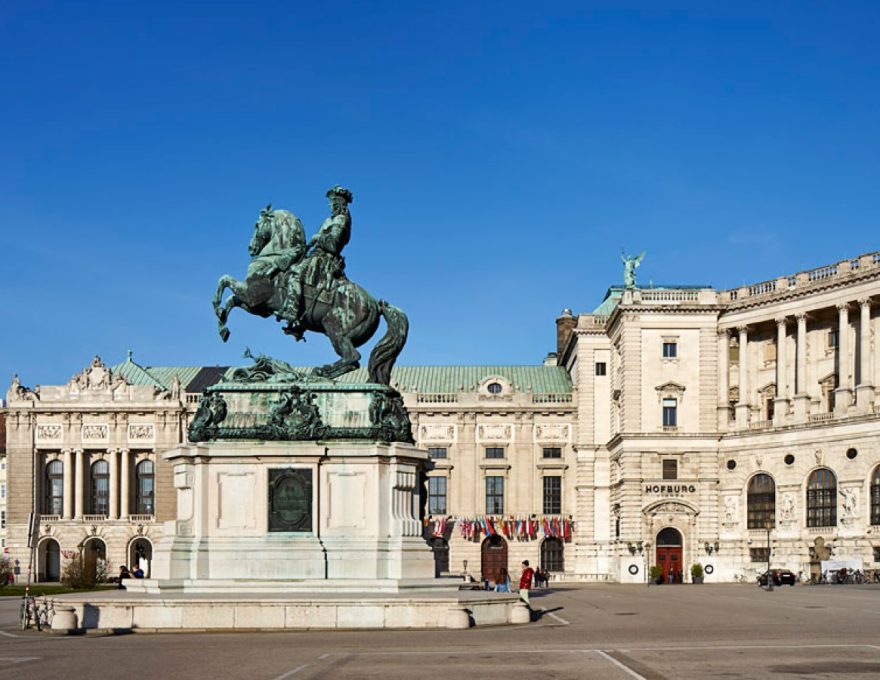Implementation of the Awaza Programme of Action discussed at the OSCE
On 11th of September 2025, the delegation of Turkmenistan to the OSCE brought to the attention of participating States the outcomes of the Third United Nations Conference on Landlocked Developing Countries (LLDC3), hosted by Turkmenistan in the coastal city of Awaza.
The adoption of the Awaza Programme of Action marked a significant milestone for advancing the development priorities of landlocked developing countries. The Programme identifies concrete measures to enhance transport and trade connectivity, promote energy and digital cooperation, increase resilience to climate change, and support the achievement of the Sustainable Development Goals.
In its statement, the Turkmen delegation noted the synergy between the Awaza Programme of Action and the OSCE agenda, including the work of its Parliamentary Assembly (PA OSCE). The Programme’s pillars – connectivity, resilience, and sustainable development – resonate with the OSCE’s comprehensive security concept, encompassing the politico-military, economic-environmental, and human dimensions.
Turkmenistan highlighted several key areas for practical cooperation with the OSCE, including enhancing economic connectivity and trade through regional transport corridors; promoting energy security and sustainable energy development; advancing digitalization and information exchange, including e-governance and cybersecurity; supporting environmental protection and climate resilience; and strengthening human security and capacity-building through education, vocational training, and inclusive development programs.
The delegation emphasized that the implementation of the Awaza Programme provides a practical framework to complement OSCE efforts, promoting regional stability, sustainable development, and economic integration.
By presenting both its statement at the OSCE and the outcomes of LLDC3, Turkmenistan reaffirmed its commitment to multilateralism, constructive cooperation, and the advancement of peace, security, and sustainable development at regional and global levels.


 NEWS
NEWS



